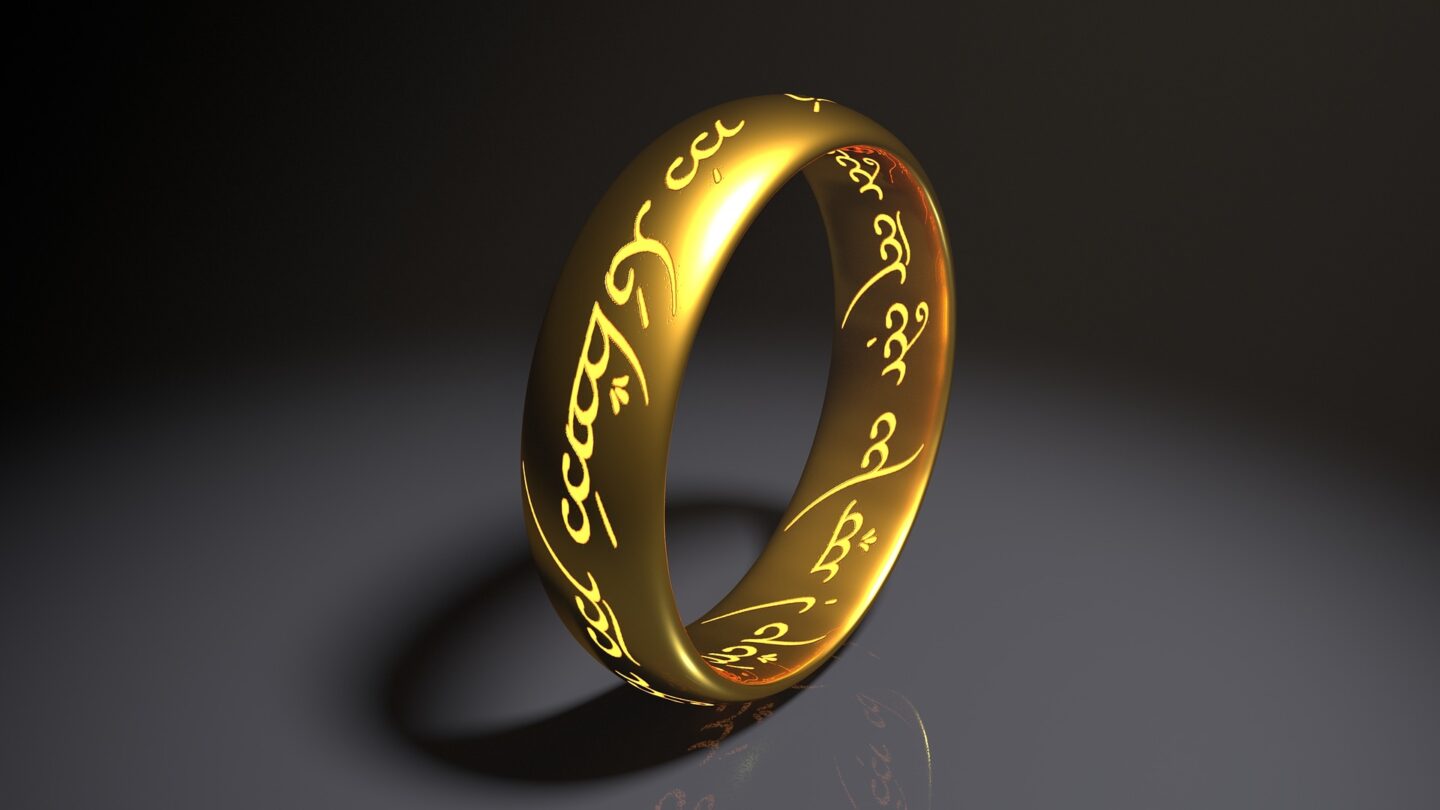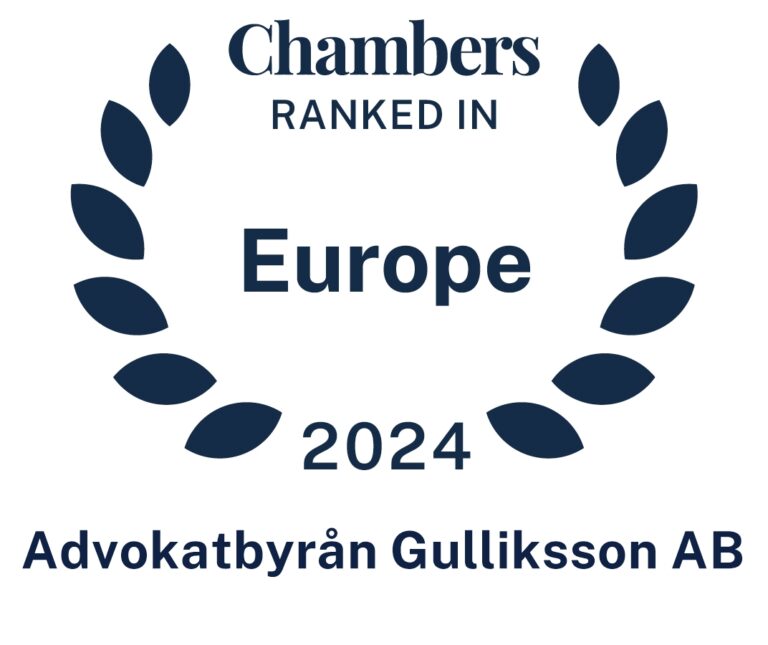eThe Lord of the Rings, by J.R.R. Tolkien, is a world-renowned epic fantasy book series where heroes, both great and small, fight against the evil forces to determine the fate of Middle-earth. The book series was first published in 1954 and have sold well over 150 million copies. An earlier book set in the same world, The Hobbit, was published in 1937, and has sold over 100 million copies. This makes Tolkien’s works set in Middle-earth some of the most read books of all time, and they are widely regarded as some of the most well-known works of fiction in the world, more or less giving birth to the modern fantasy genre.
The author passed away in 1973 and since then his estate administers the intellectual property rights to a number of Tolkien’s works, chief among them arguably the copyright to the beloved book series. Both before and after his death, the rights to some of his works had been acquired by various companies. These include for example Warner Bros (who made a critically acclaimed three-part film series adaptations of The Lord of the Rings) and Amazon (who acquired the rights to make the Rings of Power TV-series). Given the large commercial value of a license to Tolkien’s works, it is hardly surprising that legal questions regarding the intellectual property rights are bound to arise from time to time.
In 2017, American fan-fiction writer Demetrious Polychron reached out to the Tolkien Estate and asked for a license to write a seven-part book sequel to The Lord of the Rings. The Tolkien Estate did not respond to the request. Undeterred, Polychron tried again in 2019, and asked for a license to publish the first part of the new series, titled “The Fellowship of the King”. This time, the request was firmly rejected by the Tolkien Estate. The reasoning behind the decision was that the Tolkien Estate believed that the creation of a sequel to The Lord of the Rings was explicitly against Tolkien’s wishes.
Not taking no for an answer, Polychron self-published the book in 2022. Coincidentally, the same year Amazon’s TV-series Rings of Power (a prequel to The Lord of the Rings, set in Middle-earth) was released on Amazon’s streaming platform. In a surprising move, Polychron sued Amazon for copyright infringement, claiming that the Rings of Power was based on his new book. Perhaps not so surprisingly, Amazon denied the claim. At the same time the Tolkien Estate sued Polychron, alleging that “The Fellowship of the King” was an unauthorized derivative work that infringed on the copyrights to The Lord of the Rings.
Suffice to say, Polychron lost both cases. The court held that “The Fellowship of the King” was indeed an unauthorized derivative work, and since the book itself was infringing on the copyright of the Tolkien Estate, it could not be used as the basis for an infringement suit against Amazon. Ultimately, the fan fiction author was prohibited from selling his books or any of the planned sequels. He was also ordered to cast all copies of his book into the fires of Mount Doom, and to pay attorney fees to the Tolkien Estate and to Amazon.
While the results are hardly surprising, the situation is interesting because it shows both sides of allowing or disallowing derivative works of one’s creation. In general, copyright owners often chose not to take legal actions against fan fiction, fan art or other derivative works, mainly because suing your own fan base tends to create badwill. However, it is also important for copyright owners to put their foot down and enforce their legal rights, especially if someone else tries to commercialize works that are inspired by (or copies of) existing intellectual property.
It is safe to say that Tolkien’s works have touched the hearts and minds of countless readers, inspiring others to create stories of their own. And given the large fan base (and the potential to make money off of Tolkien’s works), it’s hardly chocking that there are those who will try to monetize on the name recognition of Lord of the Rings. However, to slightly paraphrase what Tolkien himself so wisely wrote in regards to the Shadow (i.e. not the original creator of things): “it can only mock, it cannot make: not real new things of its own”.
To summarize, it is important to be vigilant and to keep a watch out for copies and unauthorized derivative works based on your intellectual property, and to use all available legal means to protect your rights. After all: “I do not love the bright sword for its sharpness, nor the arrow for its swiftness, nor the warrior for his glory. I love only that which they defend.”
Are you interested in discussing questions regarding copyright, trademarks or other intellectual property matters, please do not hesitate to contact me or one of my colleagues.






